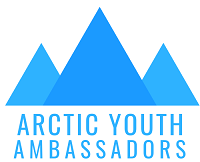The Arctic in 25 Years: First Annual International Youth Symposium
From climate change adaptation to broadband connectivity to the rights of Indigenous peoples, Arctic youth leaders’ policy issues are Arctic policy issues. Over two half-days, the Wilson Center’s Polar Institute, with Arctic Frontiers, Arctic Council Permanent Participants' Youth (supported by the Arctic Council Indigenous Peoples’ Secretariat) and Arctic Youth Ambassadors gathered emerging Arctic leaders to inform and influence potential Arctic policy for the next generation at The Arctic in 25 Years symposium. Panelists represented all eight Arctic states, as well as Indigenous peoples who live there. Based on the research they conducted, policies they coordinated, as well as traditional lifestyles and subsistence missions they’ve led, youth leaders discussed the Arctic they envision for the future and the actions needed to achieve it. Please join , for the first annual International Youth Symposium, The Arctic in 25 Years.
Proceedings of the First Annual International Youth Symposium are available here.
Selected Quotes
The Honorable Jim DeHart
"The right kinds of investment, for example in clean and renewable energy, can help solve the climate crisis and guard against the kinds of unsustainable investments that could damage Arctic communities. We want to see the Arctic open for business in a positive way that works for all of us."
Crystal Martin-Lapenskie
"We are the future leaders of our people, this is why we are here. We want to continue this engagement, we want to have these relationships so that someday if we do end up in those kind of positions, we’ve already built a solid trusting relationship with our Indigenous brothers and sisters across the circumpolar region and understand the various challenges, and know what work has been done before."
Deenaalee Chase-Hodgdon
"What does it look like to navigate these policy spaces or the lives that we live within the current economic, capitalist apparatus that we are in, in addition to practicing our subsistence and our food practices? That for me is the crux of food sovereignty that we are facing right now."
Enni Simila
"Our life depends on the land and to the connection with the land. If there is no land, there is no us. Our culture, livelihoods and way of life are interconnected with the land, so it’s our Native life. And in these cases, industrial development projects could harm that connection and could harm our cultures. We should have the right to say no to those plans."
Ole-Anders Turi
"Often we get this language barrier. We say the same words but we don’t mean the same thing many times. And it is often so that the decision makers are not taking into account our language, our culture, our way of doing things. So we have to inform the decision makers in their language, in their customs. It makes it really difficult. So in the future Arctic, I also hope that we can meet to build a common language on having a sustainable Arctic in the future."
Ruth Miller
"What we’re asking for is that collaborators and guests to our lands come with the humility to learn, the humility to understand that they will not have our land-based, homegrown solutions, but can come with an excitement and a humbleness that allows them to learn from our generations upon generations of knowledge and cultural understandings of our places."
Sam Schimmel
"As we move forward into the future of the Arctic, I think we are going to see a heightened importance of internet connectivity and technology in building coalitions and making effective policy."
Seqinninguaq Poulsen
"Decolonization is suicide prevention."
"How we indigenize or decolonize political science is that we listen to indigenous peoples, their needs, their way of living, their ideologies, and way of thinking. And that means we have to decolonize ourselves because we are socialized to view the colonial norms as the norms."
Introductions
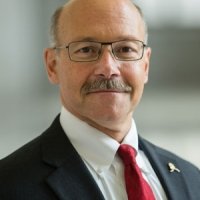
US Ambassador-at-Large for Arctic Affairs; Former Chair, US Arctic Research Commission
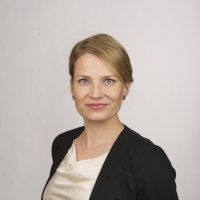
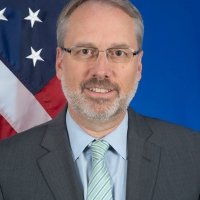
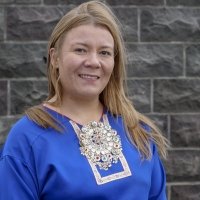
Moderators

Author of Welp: Climate Change & Arctic Identities; Climate Justice Director, Native Movement


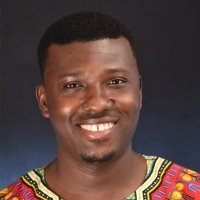
Panelists
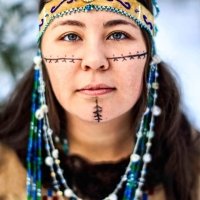

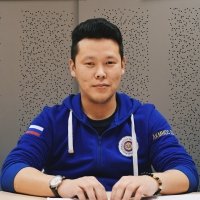
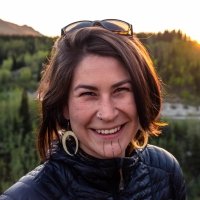
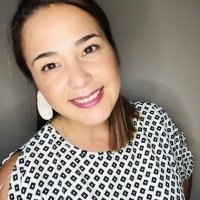
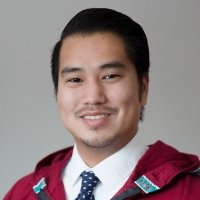
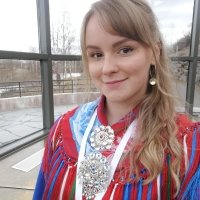
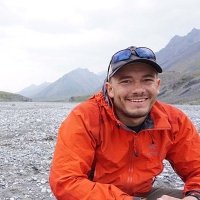
Director of Business Development, Alaska Ocean Cluster
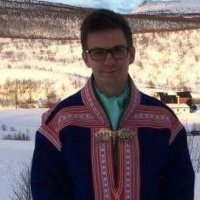
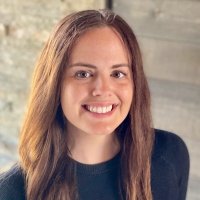


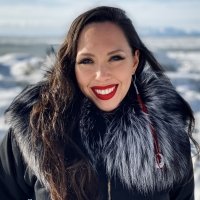
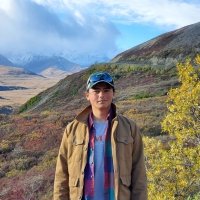
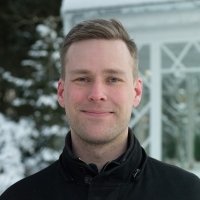
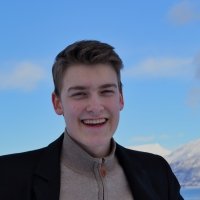

Policy Fellow, European Leadership Network (ELN)
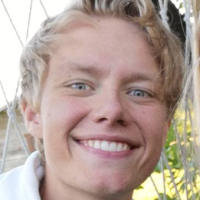

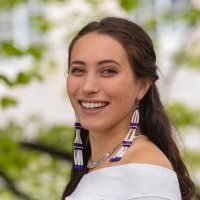
Hosted By

Polar Institute
Since its inception in 2017, the Polar Institute has become a premier forum for discussion and policy analysis of Arctic and Antarctic issues, and is known in Washington, DC and elsewhere as the Arctic Public Square. The Institute holistically studies the central policy issues facing these regions—with an emphasis on Arctic governance, climate change, economic development, scientific research, security, and Indigenous communities—and communicates trusted analysis to policymakers and other stakeholders. Read more


Kennan Institute
After more than 50 years as a vital part of the Wilson Center legacy, the Kennan Institute has become an independent think tank. You can find the current website for the Kennan Institute at kennaninstitute.org. Please look for future announcements about partnership activities between the Wilson Center and the Kennan Institute at Wilson Center Press Room. The Wilson Center is proud of its historic connection to the Kennan Institute and looks forward to supporting its activities as an independent center of knowledge. The Kennan Institute is committed to improving American understanding of Russia, Ukraine, Central Asia, the South Caucasus, and the surrounding region through research and exchange. Read more


Canada Institute
The mission of the Wilson Center's Canada Institute is to raise the level of knowledge of Canada in the United States, particularly within the Washington, DC policy community. Research projects, initiatives, podcasts, and publications cover contemporary Canada, US-Canadian relations, North American political economy, and Canada's global role as it intersects with US national interests. Read more



